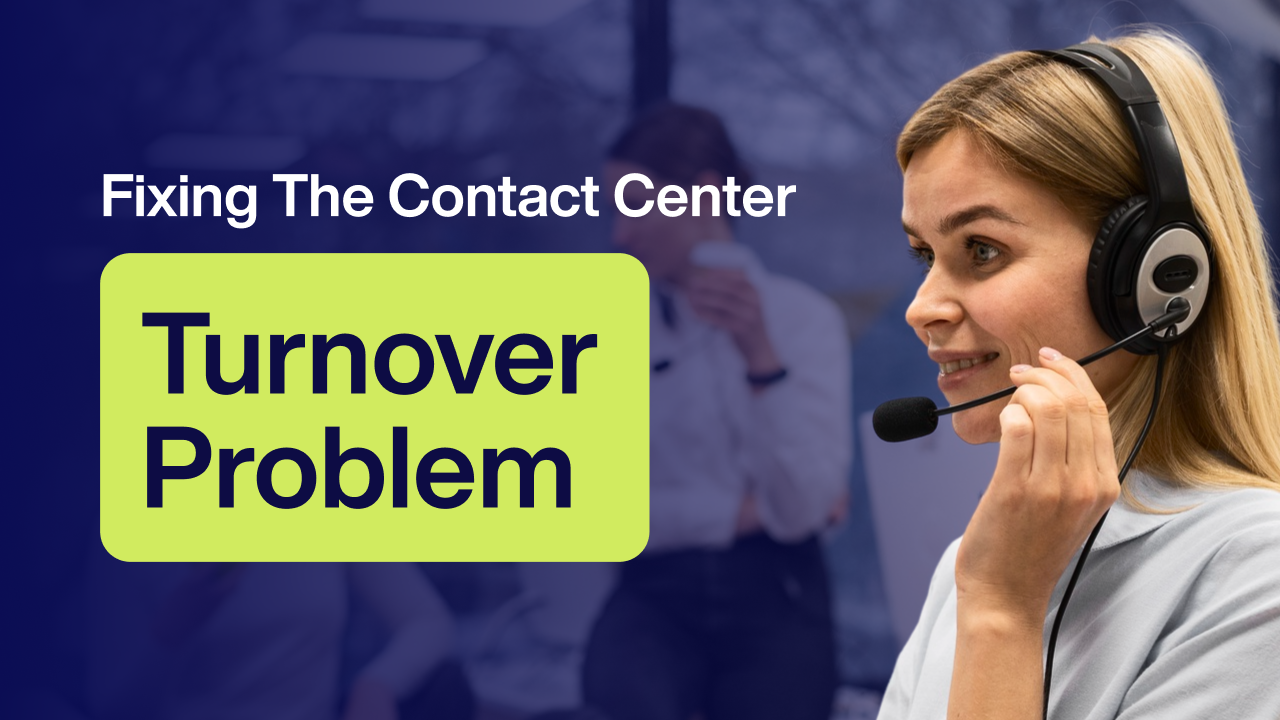Transforming Specialty Care Access Through E‑Consult Innovations in Connecticut FQHCs

Introduction
Limited access to specialty care has long burdened community health centers (FQHCs), especially for Medicaid patients who often face long wait times, transportation challenges, and fewer specialists willing to accept them. Connecticut’s FQHCs—led by Community Health Center, Inc. (CHC)—have responded with e-consult innovations, pioneering electronic consult systems to bridge gaps between primary care providers (PCPs) and specialists.
Launched in 2015, CHC’s e‑consult platform enables PCPs to send clinical questions—including labs, images, or patient histories—to off-site specialists (such as cardiologists or dermatologists) and receive guidance within days. Grounded in an ethos similar to curbside consults, this model minimizes unnecessary referrals and face-to-face visits healthaffairs.org+15chc1.com+15health.uconn.edu+15.
A landmark 2018 Health Affairs study found that Medicaid patients saved an average of $82 per patient per month in specialty episode-of-care costs—equivalent to a 70% reduction—and avoided unnecessary referrals confermed.com+3healthaffairs.org+3researchgate.net+3. Complementing CHC’s efforts, the New England eConsult Network (NEECN), funded by grants, expanded this success—reducing wait times and improving care in underserved regions chc1.com+1blueshieldcafoundation.org+1.
By leveraging technology and collaborations, Connecticut’s e‑consult model improves access, reduces costs, and supports PCP capacity—offering a pragmatic roadmap for FQHCs nationwide to reimagine specialty care within the medical home.
1: AI‑Enabled Decision Support & Workflow Streamlining
At its core, Connecticut’s e‑consult system marries technology and clinical efficiency:
- Decision-support tools: Embedded specialty-specific guidelines prompt PCPs to enter structured clinical data—symptoms, labs, images—ensuring specialists receive concise and relevant case information nachc.org+15chc1.com+15chc1.com+15.
- Asynchronous specialist triage: Most specialist responses arrive within 2 business days, helping PCPs manage cases swiftly and confidently chc1.com+1pchc.com+1.
- Reduced inappropriate referrals: Milbank findings show that specialist review helps PCPs address issues under primary care scope, reducing unnecessary appointments blueshieldcafoundation.org+5milbank.org+5safetynetconnect.com+5.
This model harnesses structured data entry and digital communication to optimize specialist input—while avoiding the cost and delay of office visits. Though not full AI, it approximates intelligent triage and guidance, streamlining care in line with distributed intelligence models.
2: People-Powered Collaboration and Capacity Building
Technology alone isn’t enough—Connecticut’s model revolves around people and teamwork:
- Specialist integration: CHC partnered with University of Connecticut Health Center specialists, establishing formal workflows and expectations within the e-consult system healthaffairs.org+11chc1.com+11confermed.com+11govinfo.gov.
- PCP empowerment: PCPs gain confidence managing complex cases. CHC’s Norwalk medical director said “it allows us to improve the care we give our patients” c-hit.org.
- Coordination infrastructure: Through grants, CHC funded non-profit structures and platforms (Weitzman Institute and Safety Net Connect) to manage e‑consult pathology across FQHCs confermed.com+4blueshieldcafoundation.org+4chc1.com+4.
- Medicaid reimbursement: Connecticut’s Medicaid reimburses FQHCs via supplemental payments for e‑consults, supporting sustainability—up to roughly $89,500 per quarter, per clinic chc1.com+3blueshieldcafoundation.org+3c-hit.org+3.
These components foster a collaborative ecosystem—where PCPs, specialists, and systems work together inside the medical home to elevate primary care scope and quality.
3: Real‑World Impact & Outcomes
3.1 Cost Savings
A Health Affairs evaluation of CHC’s e‑consults in dermatology, endocrinology, gastroenterology, and orthopedics demonstrated specialty‑episode cost savings of $82 per Medicaid patient per month—30–83% lower compared to face-to-face care health.uconn.edu+4healthaffairs.org+4milbank.org+4.
3.2 Reduced Referrals and Wait Times
In CHC’s cardiology pilot, 69% of e‑consults were resolved without in-person referrals health.uconn.edu+3chc1.com+3c-hit.org+3. Traditional specialist wait times—70–77 days—were cut to 2 days for e‑consult responses, dramatically improving timely care chc1.com+13health.uconn.edu+13researchgate.net+13.
3.3 Quality and Satisfaction
Milbank reviews show e‑consult satisfaction rates among patients (78–96%), PCPs (70–100%), and specialists (50–95%) milbank.org. CHC providers reported improved confidence and quicker management decisions health.uconn.edu+11chc1.com+11chc1.com+11.
3.4 Regional Scaling
NEECN’s grant-funded rollout connected multiple FQHCs across New England with UConn specialists. As of 2015, over two-thirds of cases (69%) were resolved in-house—reducing travel, wait times, and unnecessary visits chc1.com+1blueshieldcafoundation.org+1.
Conclusion
Connecticut’s e‑consult innovations demonstrate the power of rethinking specialty care delivery. By enabling PCPs to access timely specialist guidance through secure electronic systems, FQHCs:
- Reduce unnecessary referrals (~69% of cases),
- Save Medicaid $82/month per patient,
- Collapse wait times from two months to two days,
- Increase clinician satisfaction, and
- Maintain clinical quality comparable to traditional consults nachc.org+5healthaffairs.org+5confermed.com+5chc1.com+5milbank.org+5en.wikipedia.org+5.
Supported by human-centered workflows and sustainable Medicaid reimbursement, this model empowers primary care within the medical home—especially in underserved and rural communities.
For FQHCs and health systems nationwide, Connecticut’s e‑consult pathway offers a clear blueprint: invest in structured e‑consult platforms, engage specialists, enable PCP-led management, and align funding to reward virtual consultation. These innovations promote efficient, equitable, and high-value specialty care.
Are you a clinic leader, health system executive, or Medicaid director? It’s time to rethink specialty care:
- Launch an e‑consult pilot using platforms like Safety Net Connect.
- Engage specialists via academic partnerships or tele-consult networks.
- Track peer‑reviewed metrics—cost savings, referral avoidance, wait times, satisfaction.
- Secure Medicaid reimbursement through supplemental or APM funding.
- Scale regionally by collaborating with FQHCs and ASOs for shared platforms and best practices.
Want help launching your e‑consult initiative? I’m happy to connect you with Connecticut’s Weitzman Institute, CHC, and NEECN experts to adapt lessons learned and accelerate implementation at your clinic. Let’s build a smarter, more responsive specialty care system—starting now.
No Spam —
Just Good Stuff.
Join our newsletter for actionable advice, insider knowledge, and strategies that drive real results.
No fluff, just value.
%20(1).png)

.png)


























































































.png)
.png)
.png)



.png)
.png)
.png)
.png)